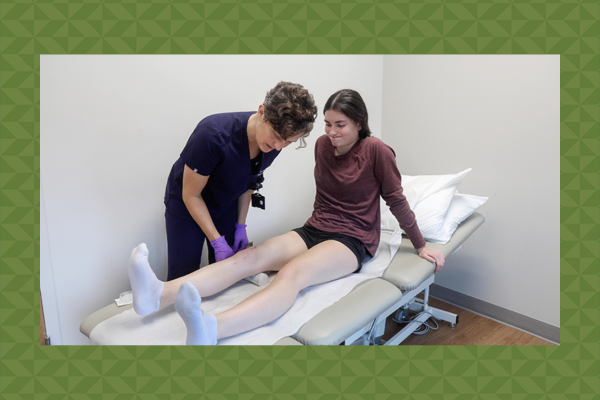
Duke Orthopadic Surgery researchers, led by Dr. Louis DeFrate, a distinguished professor of orthopaedic surgery, have received a groundbreaking $3.9 million, five-year grant to investigate the underlying causes of ACL injuries, with a particular focus on why younger women are disproportionately affected. This new research project, which Dr. DeFrate is spearheading alongside orthopaedic surgeon Dr. Jocelyn Wittstein, aims to unlock the mysteries surrounding these common and often debilitating injuries.
The Disparity in ACL Injury Rates
Dr. DeFrate explained that women are significantly more likely to experience an ACL tear compared to men, particularly among college-aged athletes. Studies indicate that women are approximately 10 times more likely to suffer from this type of injury than their male counterparts.
"Some of the factors we’re looking at include the anatomy of the knee, differences in movement patterns between women and men, as well as hormonal and other biological factors," DeFrate said. "There is still a lot we don’t understand about why this disparity exists."
The Long-Term Impact of ACL Injuries
While most ACL injuries are non-contact, they often have devastating consequences that extend far beyond the immediate effects. Dr. DeFrate noted that ACL tears can significantly impact an athlete’s ability to perform in sports, but the repercussions don’t end there.
"Not only can you lose the ability to play your sport, but ACL injuries contribute to long-term joint issues, including osteoarthritis," DeFrate explained. "Even with reconstruction, the knee may age by as much as 30 years, and there is a very high likelihood of re-injury—whether it happens in the reconstructed knee or the opposite knee."
Innovative Research Methods
The research team is using state-of-the-art imaging technology to study the knee in motion. Participants will undergo a series of scans while performing various physical movements, such as jumping and cutting, to observe how the ACL stretches and what movements might increase the risk of injury.
“There’s a lot of debate in the field about what specific motions lead to ACL injuries," said DeFrate. "Some people think it’s landing on a straight knee, while others focus on knee collapse or inward buckling (valgus collapse). Understanding the mechanics is key to preventing these injuries."
Exploring the Role of Fatigue
The researchers are also investigating whether fatigue plays a role in ACL injury risk, which could help inform better prevention strategies.
The study will enroll approximately 200 adults under the age of 40, including those with a history of ACL injuries and those without. The team hopes to develop a more comprehensive understanding of the risk factors involved in ACL injuries and more effective treatments and preventative measures.